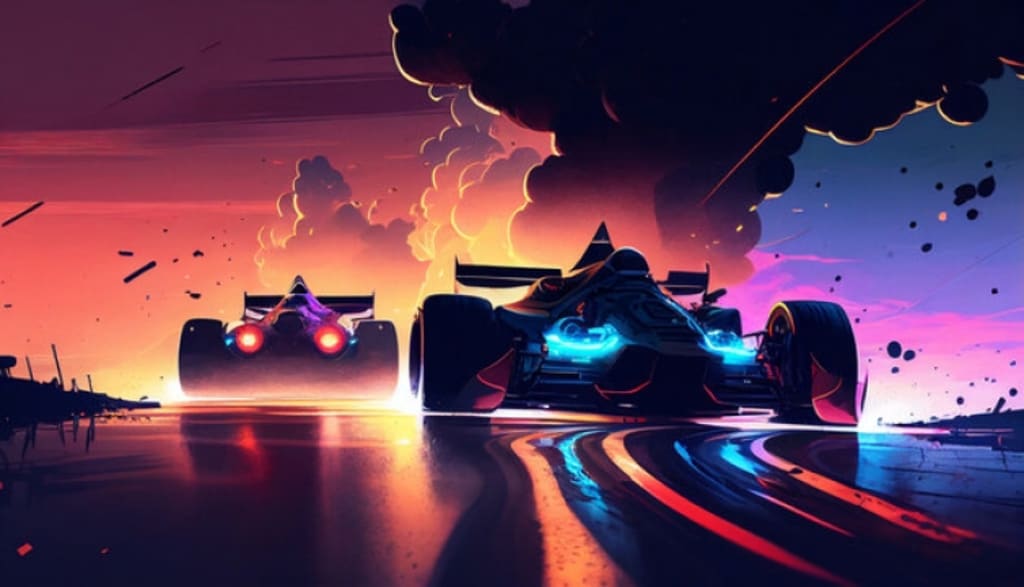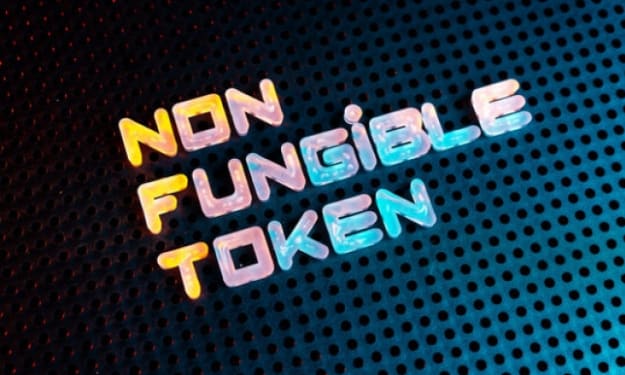The Future of Gaming: Blockchain Game Development
Blockchain Game Development

Blockchain technology has made significant strides in various industries, and the gaming sector is no exception. Blockchain game development has the potential to revolutionize the gaming experience, offering players unique opportunities for ownership, interoperability, and decentralized economies. In this blog, we will explore the world of blockchain game development, covering key subtopics that shed light on the exciting future of gaming on the blockchain.
Benefits of Blockchain in Gaming
Blockchain technology brings several advantages to the gaming industry. The decentralized nature of blockchain ensures transparency, security, and immutability, preventing fraud and cheating. It allows for true ownership of in-game assets, enabling players to buy, sell, and trade them freely. Blockchain also facilitates interoperability, allowing assets and characters to move seamlessly across different games and platforms. Additionally, blockchain-powered economies provide players with opportunities to earn real-world value through their in-game activities.
Smart Contracts and In-Game Assets
Smart contracts are at the core of blockchain game development. These self-executing contracts enable the creation, ownership, and transfer of in-game assets as non-fungible tokens (NFTs). Developers can leverage smart contracts to define the rules and mechanics of the game, including the rarity, attributes, and value of in-game items. This technology ensures the scarcity and uniqueness of assets, creating a sense of value and rarity that drives the in-game economy.
Gameplay Mechanics and Decentralized Features
Blockchain games introduce innovative gameplay mechanics that leverage the unique features of blockchain technology. Games can incorporate decentralized decision-making, allowing players to participate in governance and influence the development of the game. Additionally, blockchain-based games can implement player-driven economies, where in-game transactions and resource management are controlled by players, fostering a sense of community and ownership.
Blockchain Scalability and User Experience
One of the challenges in blockchain game development is scalability. Traditional blockchain networks, like Ethereum, face limitations in terms of transaction speed and fees. However, solutions like layer 2 scaling solutions and blockchain interoperability protocols are emerging to address these issues. Developers must balance scalability with providing a seamless user experience to ensure that players can enjoy the game without facing technical barriers or long transaction times.
Community Engagement and Monetization
Building a strong and engaged community is crucial for the success of blockchain games. Developers can encourage community participation through features like user-generated content, tournaments, and social interaction within the game. Monetization strategies can include the sale of in-game assets, subscription models, or even the creation of unique limited-edition NFTs. Balancing the needs of players and the sustainability of the game's economy is essential for long-term success.
Developing steps in blockchain game development
Here are the steps involved in blockchain game development:
Conceptualization and Design: Start by defining the concept and mechanics of your game. Determine the type of game you want to create, such as an RPG, strategy, or collectible game. Identify your target audience and consider market trends. Design the gameplay, characters, levels, and visual style of the game. Decide how blockchain technology will be integrated into your game and what unique features it will offer.
Blockchain Selection: Research and evaluate different blockchain platforms to determine the best fit for your game. Consider factors such as the platform's capabilities, scalability, security, transaction fees, and community support. Popular blockchain platforms for game development include Ethereum, EOS, TRON, and Binance Smart Chain. Choose the platform that aligns with your game's requirements and development goals.
Smart Contract Development: Blockchain games typically utilize smart contracts, which are self-executing contracts with the terms of the agreement directly written into the code. Smart contracts facilitate secure and transparent in-game transactions and ownership of digital assets. Develop the necessary smart contracts that define the game's rules, asset ownership, and interactions. This step requires proficiency in programming languages such as Solidity (for Ethereum) or languages specific to the chosen blockchain platform.
Game Development: Create the actual game using traditional game development tools and technologies. Implement the gameplay mechanics, user interface, graphics, and sound effects. Integrate the smart contracts into the game to enable blockchain functionality, such as asset ownership, trading, and verifiable scarcity. This step involves coding, asset creation, level design, and testing.
Integration with Blockchain: Connect your game to the chosen blockchain platform. Implement the necessary APIs (Application Programming Interfaces) to interact with the blockchain network. This includes integrating wallet systems for players to manage their digital assets, enabling in-game purchases using cryptocurrencies, and connecting the game's backend with the blockchain for secure and transparent transactions.
Testing and Quality Assurance: Thoroughly test the game to identify and fix any bugs, glitches, or vulnerabilities. Perform both functional testing (ensuring the game works as intended) and security testing (verifying the integrity of the blockchain integration). Conduct testing on different devices and platforms to ensure compatibility.
Deployment and Launch: Once the game is fully developed and tested, prepare for its deployment and launch. Choose a suitable platform or marketplace to distribute your game, such as app stores or blockchain-specific platforms like OpenSea or Decentraland. Develop a marketing strategy to promote your game and attract players.
Community Engagement and Updates: Continuously engage with your player community, gather feedback, and address any issues that arise. Regularly release updates and new features to keep players engaged and enhance the gaming experience. Utilize community forums, social media channels, and newsletters to maintain an active user base.
Remember that developing a blockchain game requires both game development skills and a solid understanding of blockchain technology. Collaborating with experienced blockchain developers or hiring a development team with expertise in blockchain game development can greatly facilitate the process.
Conclusion:
Blockchain game development holds immense potential to transform the gaming industry, offering players new levels of ownership, interoperability, and engagement. The benefits of blockchain, such as transparency, security, and decentralized economies, provide exciting opportunities for developers and players alike. As technology advances and scalability challenges are addressed, we can expect to see more innovative and immersive blockchain games in the future. By embracing blockchain technology and its unique features, game developers can unlock a new era of gaming experiences that empower players and redefine the way we interact with virtual worlds.
About the Creator
Jhonmatthew
I am a Web 3.0 Analyst who writes about blockchain, crypto, NFTs, DeFi, etc., that will let you know the latest advancements circling over the Web 3.0 space.






Comments
There are no comments for this story
Be the first to respond and start the conversation.